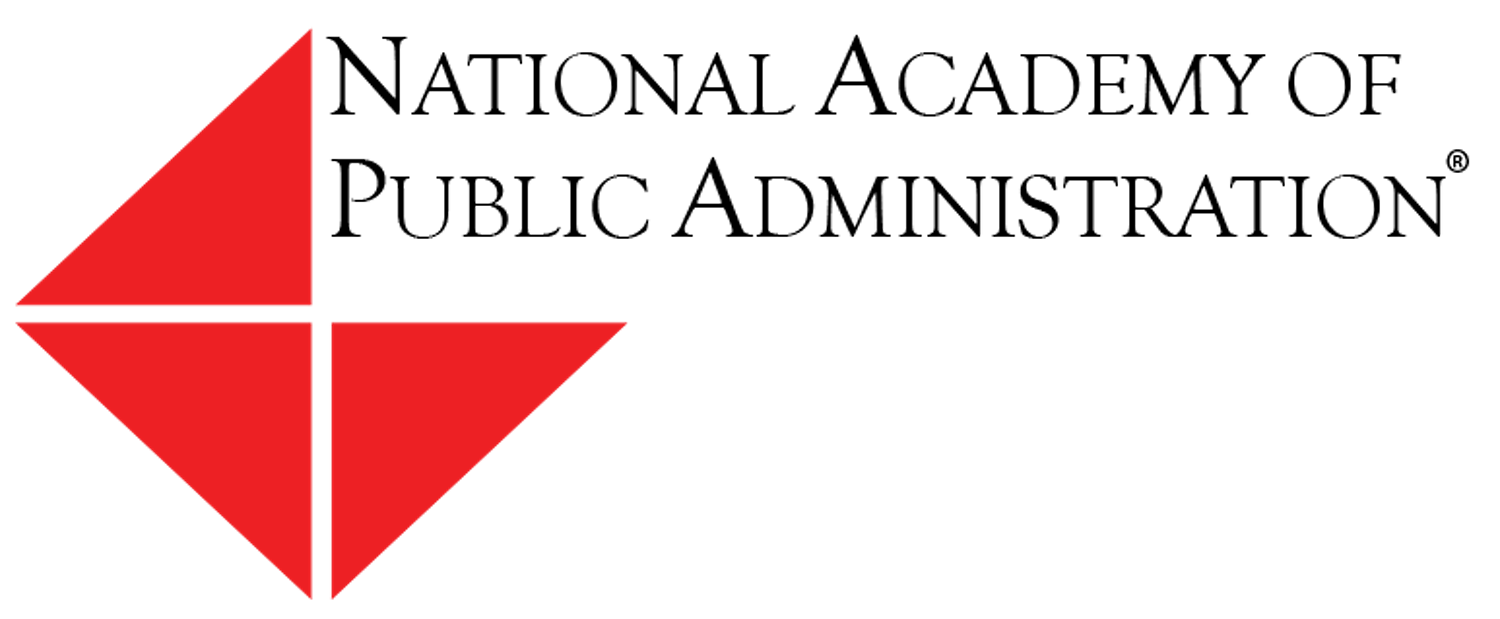
The National Academy of Public Administration Releases Report on Employee Engagement for U.S. Secret Service
Contact:
Betsy Holahan
mailto:bholahan@greatpointstrategies.com
Post Date: September 28, 2021
Academy Panel Outlines 48 Recommendations to Help USSS Build on Recent Progress
WASHINGTON, D.C. – A Panel of the National Academy of Public Administration today released its report for the U.S. Secret Service (USSS), one of the country’s most critical law enforcement and national security agencies that carries out two distinct but integrated missions – protecting the country's top elected leaders and visiting foreign dignitaries, as well as investigating crimes against U.S. financial systems. The Panel report makes 48 recommendations for ways the USSS can build on recent progress.
The Academy Panel report, “Building for the Future: Employee Engagement in the United States Secret Service,” is based on an in-depth, 18-month study that was requested by the USSS in 2019 in order to analyze the results of the U.S. Office of Personnel Management’s Federal Viewpoint Survey, obtain perspectives of agency leaders, and to identify opportunities to improve employee morale and engagement.
As the Panel report notes, “The mission demands placed on the Secret Service are stressing the workforce, negatively impacting employee focus, engagement, readiness, and effectiveness. Secret Service employees are asked to do more than ever within tight resources. Threats against the President and other protectees have grown in intensity and scale with the emergence of new technologies and the heightened level of violence in the country. Financial crimes have migrated from the basement counterfeiting press to the cyber domain with greater stealth and sophistication. Budget pressures have grown, and the Agency has only in the last few years recovered from significant budgetary reductions and personnel measures, like hiring freezes, instituted because of sequestration.”
The Panel report found that “The USSS remains dedicated and committed to its mission.” Additionally, it determined that “Overall employee engagement continues to improve from the low point the Agency faced nearly a decade ago. However, employee satisfaction and morale plateaued or declined until 2019 in several important offices.”
Building on the research and analysis of the Academy’s 2016 report for the USSS, “United States Secret Service: Review of Organizational Change Efforts,” that provided recommendations to improve organizational management at the agency after high-profile incidents, the Academy Panel’s new report identifies a series of findings and recommendations that address both division-specific issues and enterprise-wide strategies for success.
“This study intersects with one of the Academy’s 12 Grand Challenges - Modernizing and Reinvigorating the Public Service - as it explores issues of morale and job satisfaction within this critical sphere of public service,” said Terry Gerton, President and CEO of the Academy. “The Panel’s report is well-positioned to serve as a blueprint from which the Secret Service can build to further engage its workforce and ensure it can carry out its unique and vital missions in decades to come.”
The Panel report states that, building on progress made over recent years, the Secret Service can take several steps and measures to deepen the focus of the workforce, improve engagement, and address the issues found during the review. The Panel offers a series of 48 recommendations; 17 are Agency-wide recommendations, while 31 are targeted recommendations to address challenges in particular divisions, offices, or branches, including 18 recommendations within the Uniformed Division.
The Panel’s 48 recommendations are grouped under seven categories of objectives that the Panel believes the Secret Service should prioritize:
1) Focus Employee Engagement Efforts
2) Improve Hiring and Retention
3) Create a Better Work-Life Balance and Enhance Compensation
4) Develop the Next Generation of Secret Service Employees
5) Operationalize for the Future
6) Reinvigorate the Uniformed Division
7) Address Individual Office Matters
For more details about each of the 48 recommendations, read the full Panel report here.
About the National Academy of Public Administration
Chartered by Congress to provide non-partisan expert advice, the Academy is an independent, non-profit, and non-partisan organization established in 1967 to assist government leaders in building more effective, efficient, accountable, and transparent organizations. Learn more at www.napawash.org
###